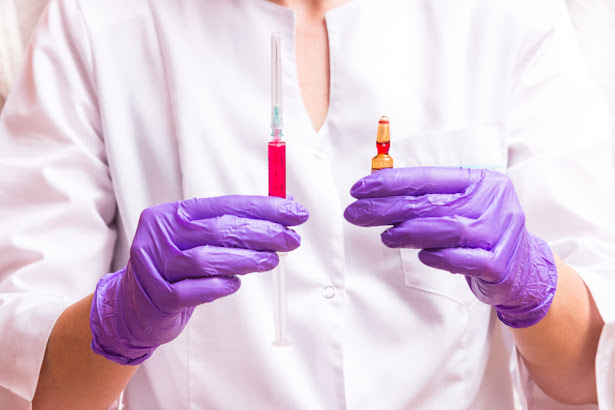Is Ear Microsuction Safe? Debunking Common Myths
Ear health is an often-overlooked aspect of our overall well-being. From minor discomfort to more severe conditions, issues with our ears can significantly impact our quality of life. One common method used for addressing ear wax buildup is ear microsuction.
However, there are various myths surrounding this procedure that can lead to confusion and apprehension. In this blog, we'll delve into the safety of ear microsuction and debunk some of the most prevalent misconceptions surrounding it.
Understanding
Ear Microsuction
Before diving into the safety aspect, let's first understand what ear microsuction entails. Ear microsuction is a procedure performed by trained professionals to remove excess ear wax and debris from the ear canal. Unlike traditional methods like ear syringing, which involve flushing the ear with water, microsuction uses a gentle suction device and a microscope to provide a clear view of the ear canal, allowing for precise removal of wax buildup.
Debunking Common Myths
In the realm of ear care, microsuction has emerged as a popular method for ear wax removal, praised for its safety and efficacy. However, like many medical procedures, it is shrouded in myths and misconceptions that can deter individuals from opting for this treatment. Below, we address some of the most pervasive myths surrounding ear microsuction, clarifying what the procedure involves and dispelling fears with facts.
Myth 1: Ear
Microsuction Is Painful
One of the most common misconceptions about ear microsuction is that it is a painful procedure. However, in reality, most people describe it as discomfort rather than pain. The sensation experienced during ear microsuction is often likened to a slight pulling or tugging feeling, similar to when water gets trapped in the ear. The procedure is typically quick and efficient, with minimal discomfort involved. It does not cause the same pain as ear pain experienced after syringing.
Myth 2: Ear
Microsuction Can Cause Damage to the Ear
There is a fear among some individuals that ear microsuction may cause damage to the delicate structures of the ear canal. However, when performed by trained professionals, ear microsuction is a safe and effective method for removing ear wax. Unlike earwax removal syringe, the use of a microscope ensures that the procedure is precise. This minimises the risk of accidental damage to the ear canal or eardrum.
Myth 3: Ear
Microsuction Is Not Suitable for Everyone
Another common myth is that ear microsuction is not suitable for everyone and may be contraindicated for certain individuals. While there are some cases where alternative methods may be recommended, such as if there is a perforation in the eardrum or a history of ear surgery, ear microsuction is generally safe for the majority of people. However, it's essential to consult with a healthcare professional to determine the most appropriate course of action for your specific situation.
Myth 4: DIY
Ear Microsuction Is Safe
Some individuals may attempt to perform ear microsuction at home using DIY kits or improvised methods. However, this can be extremely risky and is strongly discouraged. Without the proper training and equipment, DIY ear microsuction can lead to injury, infection, or further impaction of ear wax. It's always best to leave ear wax removal to trained professionals who can ensure the procedure is performed safely and effectively.
Conclusion
Ear
microsuction is a safe and effective method for removing excess ear wax when performed by trained professionals.
By debunking common myths surrounding this procedure, we hope to reduce any
concerns and encourage individuals to prioritise their ear health.
If you're
experiencing symptoms of earwax buildup
or have concerns about your ear health, don't hesitate to reach out to Intrigue Health. Their experienced
professionals can provide expert guidance and perform ear microsuction safely
and effectively. Schedule an appointment today to ensure
your ears are in good hands.




Comments
Post a Comment